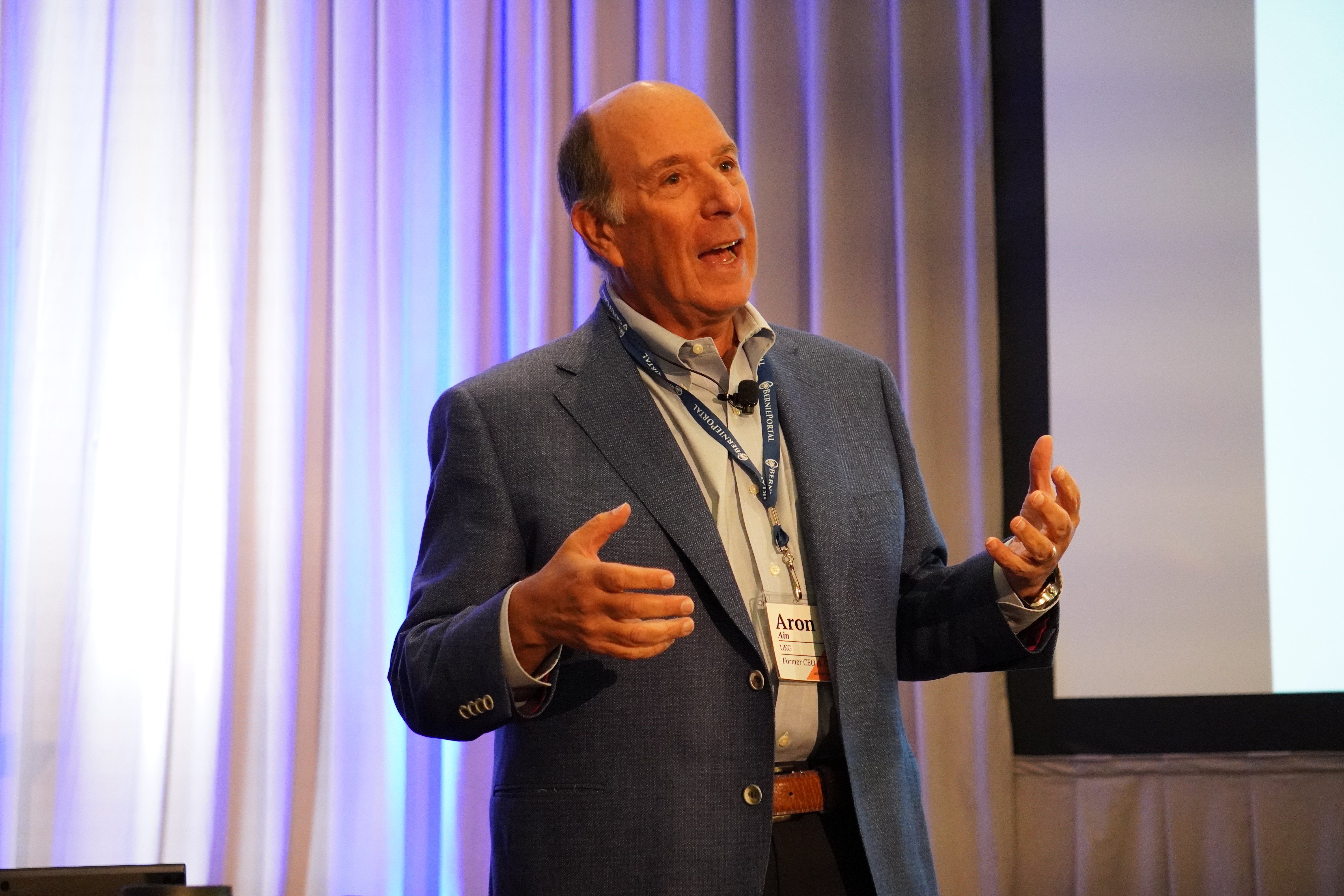
Written by
Aidan Farrish
Aidan is an aPHR-certified writer on the marketing team at BerniePortal. She writes about HR, healthcare, and benefits.
HR Soft Skills: How to Listen with Intention

Listening is one of the most underrated (and unappreciated) HR soft skills.
Many HR professionals are great listeners. It comes naturally to those within a human-centric position. But when it comes to developing your listening soft skill, important strategic components may fall by the wayside.
Listening isn’t only about remaining silent and nodding along to someone’s conversation—it’s all about your intention and communication afterward.
Take your current concept of listening and reimagine it: this is a soft skill you can purposefully develop and use strategically to better your role and workplace. Let’s discuss how.
Recap: What Are the 7 HR Soft Skills?
Soft skills are interpersonal and relationship-building skills and character traits that help you interact effectively with your workforce.
You can use this mnemonic phrase to help you remember the soft skills most critical to HR: Rose’s Retriever, Buddy, Regularly Licks Everyone’s Faces!
This easy-to-remember sentence matches up to the 7 HR soft skills: Redirecting, Reframing, Boosting, Reminding, Listening, Engagement (NOT!), and Figure-it-out factor.
We will cover each of these soft skills in depth in other blogs. For now, let’s focus on listening.
Listening Is More Than Just Listening: It’s Body Language
As an HR professional, you’re often in the position to listen to your workforce’s hopes, fears, goals, ideas, concerns, and on and on. Your job is not only to listen but to make people feel heard.
Have you ever walked away from a conversation and thought to yourself, “They didn’t hear a thing I just told them.”? You don’t want your employees to have that thought after talking to you, their HR professional. What makes you assume someone isn’t fully listening? Look at these two images and consider who is a better listener.
Both HR pros are listening to the person speaking, but only one is making sure the person KNOWS they are listening. A critical component of listening is making it obvious that people are heard. Body language is key.
What sort of body language ensures people feel heard? Make eye contact. Tilt your head and face your shoulders toward the speaker. Keep your hands in front of you, and don’t fidget restlessly. Punctuate salient points with nods or affirmations. It feels natural because you’re likely a natural listener. Body language reinforces your intention and broadcasts your interest to the person speaking, whether you’re one-on-one or in a meeting.
What sort of body language might express disinterest? Remaining seated when someone is standing. Fidgeting or looking elsewhere. Grabbing the doorknob or other items may make it seem like you’re trying to escape. Touching your face or resting your head in your palm too much may indicate you’re tired or bored.
There are ways you can shift your body language to make it clear to the speaker that you’re listening with intention. Let’s cover some of them.
Tips to Listen More Effectively
When you begin to think of listening as more than just a frictionless conversation and a strategic soft skill, you can begin to implement it more intentionally. Here are some tips to help out:
- Follow up your conversation by asking questions after the fact.
- Wait several seconds before immediately responding to people’s questions to make it clear that you are internalizing their words.
- Seek a private corner or room to talk in if someone approaches you about something sensitive.
- Request for people to set intentional time to speak to you so you can give them your full attention.
The most effective tip for listening is to identify when you SHOULD listen.
Identifying When To Listen—and When To Not
As HR, people are likely going to tell you things all the time that you wish they wouldn’t.
But another resource at your disposal is an additional HR soft skill: non-engagement. Non-engagement is when you very politely don’t listen to things that don’t concern your role. This could be anything from complaints about the coffee maker to questions about taxes and more.
Your workforce doesn’t have the same expectations for your job that leadership, or yourself, does. They think the coffee maker is your responsibility because you make sure they have office supplies and try to improve company culture. What they don’t know is that while, of course, you want everyone to like the coffee, a coffee maker isn’t your priority compared to everything else on your plate.
Sometimes, the right thing to do is not listen.
Additional Resources
You can stay informed, educated, and up to date with important HR topics using BerniePortal’s comprehensive resources:
- BernieU—free online HR courses, approved for SHRM and HRCI recertification credit
- BerniePortal Blog—a one-stop shop for HR industry news
- HR Glossary—featuring the most common HR terms, acronyms, and compliance
- Resource Library—essential guides covering a comprehensive list of HR topics
- HR Party of One—our popular YouTube series and podcast, covering emerging HR trends and enduring HR topics
- Community—the HR Party of One Community forum, a place devoted to HR professionals to ask questions, learn more, and help others

Written by
Aidan Farrish
Aidan is an aPHR-certified writer on the marketing team at BerniePortal. She writes about HR, healthcare, and benefits.
Related Posts
For HR professionals at small to midsize businesses (SMBs), success often means wearing...
We just wrapped up another phenomenal Weekdays with Bernie (WWB) Conference! This year...
Employees are an organization's heart and soul, and valuing their opinions can have a...
Overhiring amongst large corporations has ceased, and now, the tables are turning on the...





.jpg)


Submit a Comment